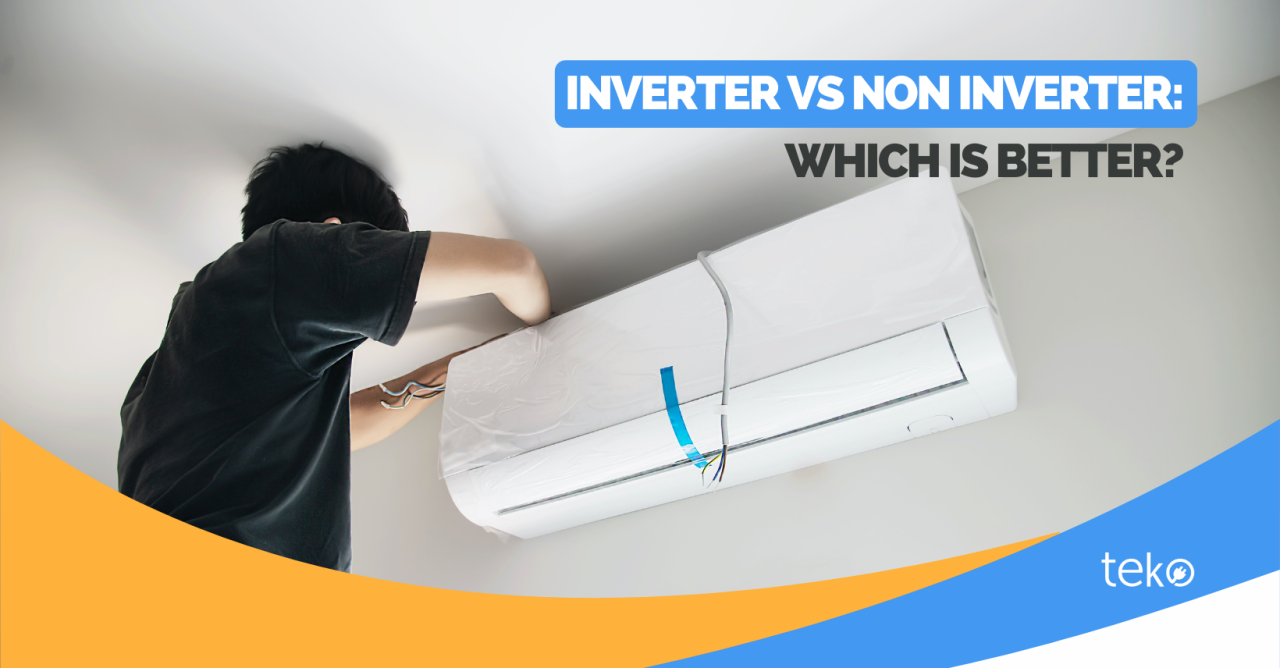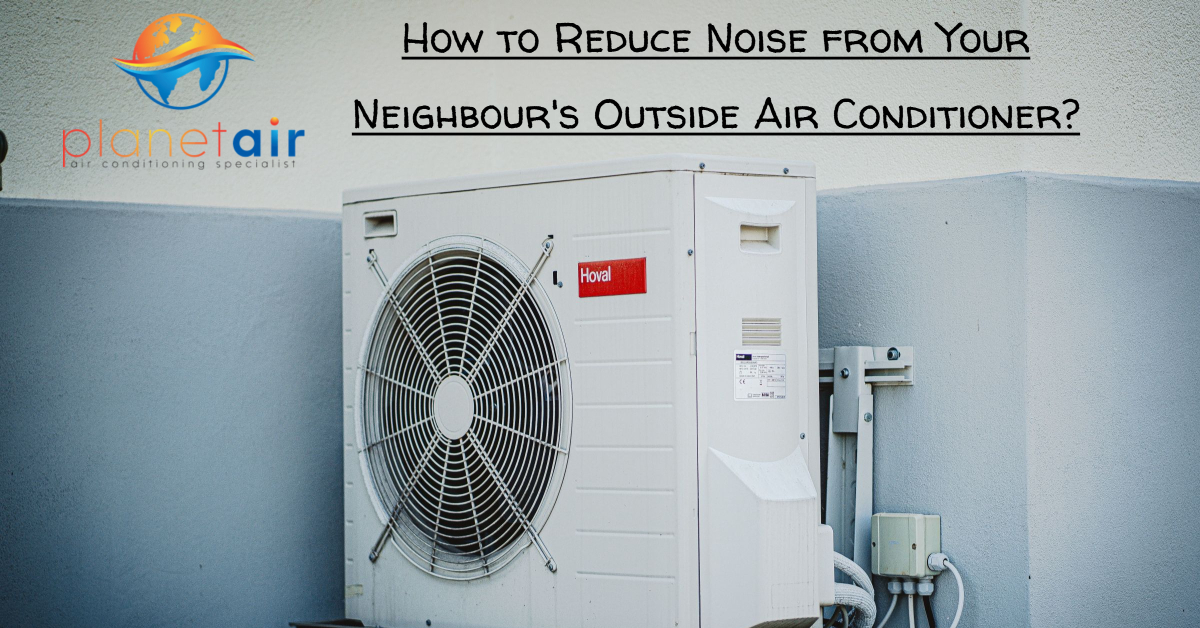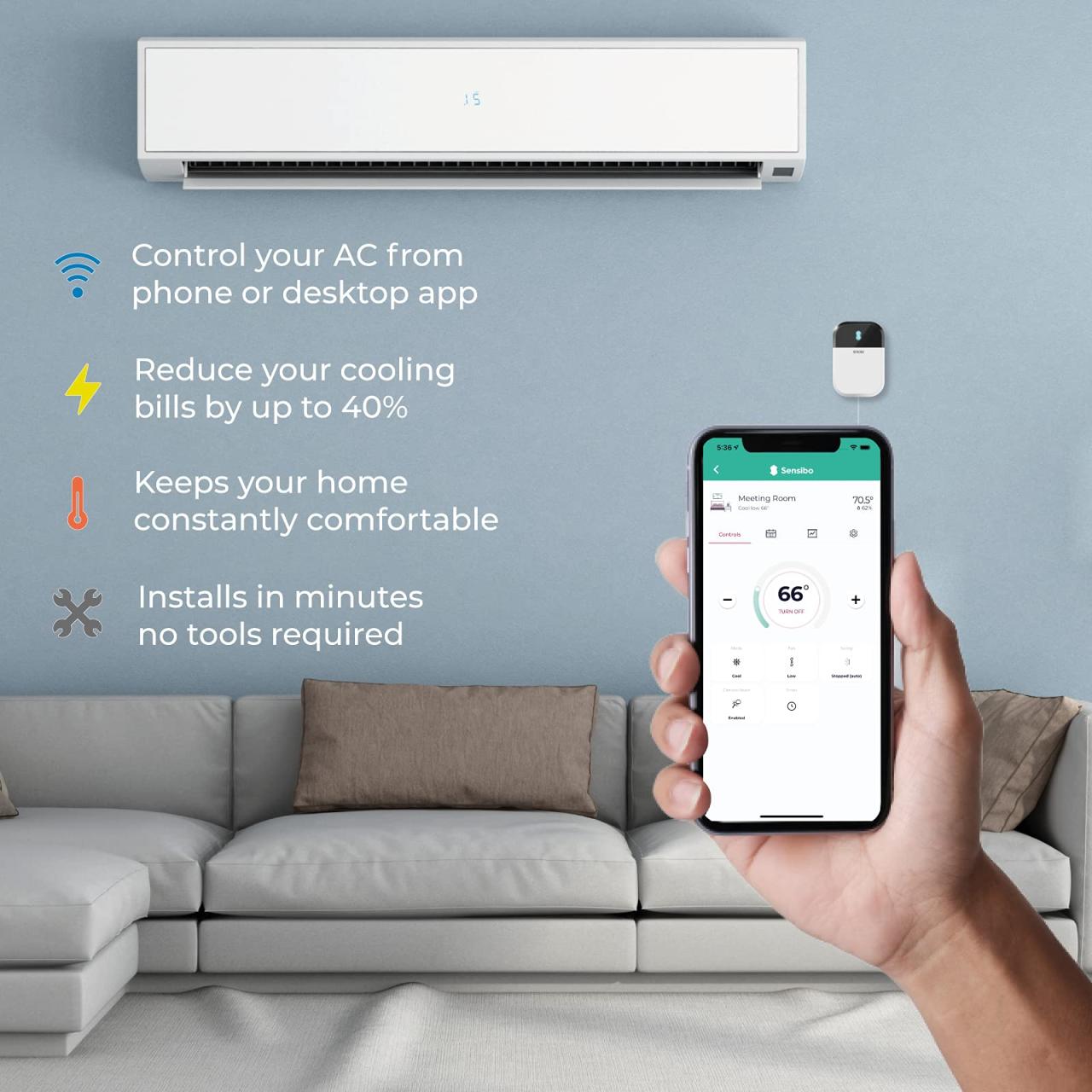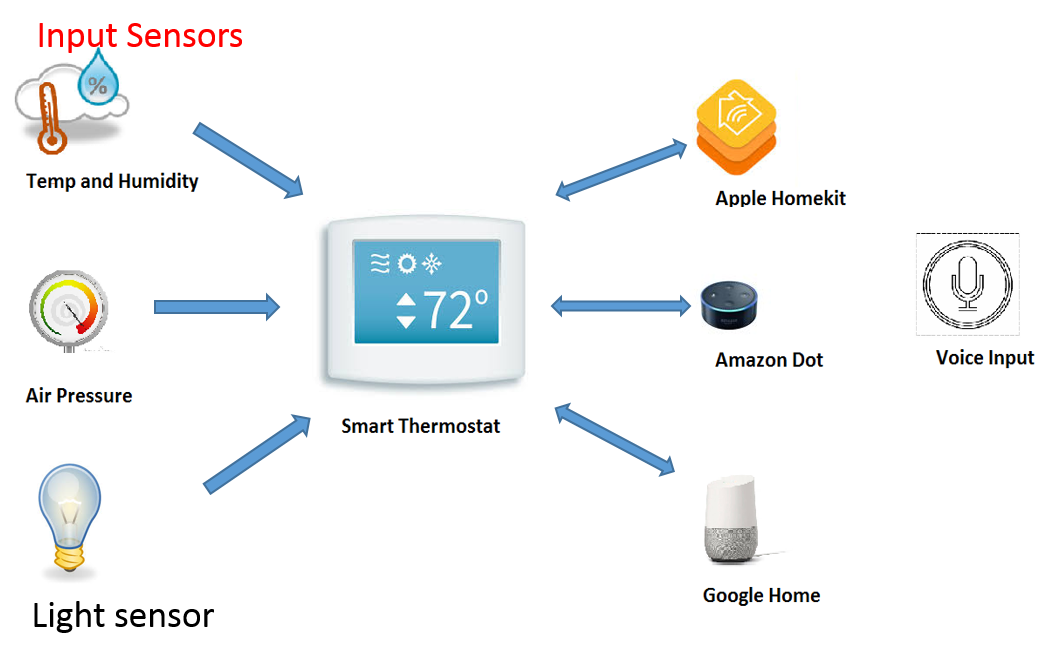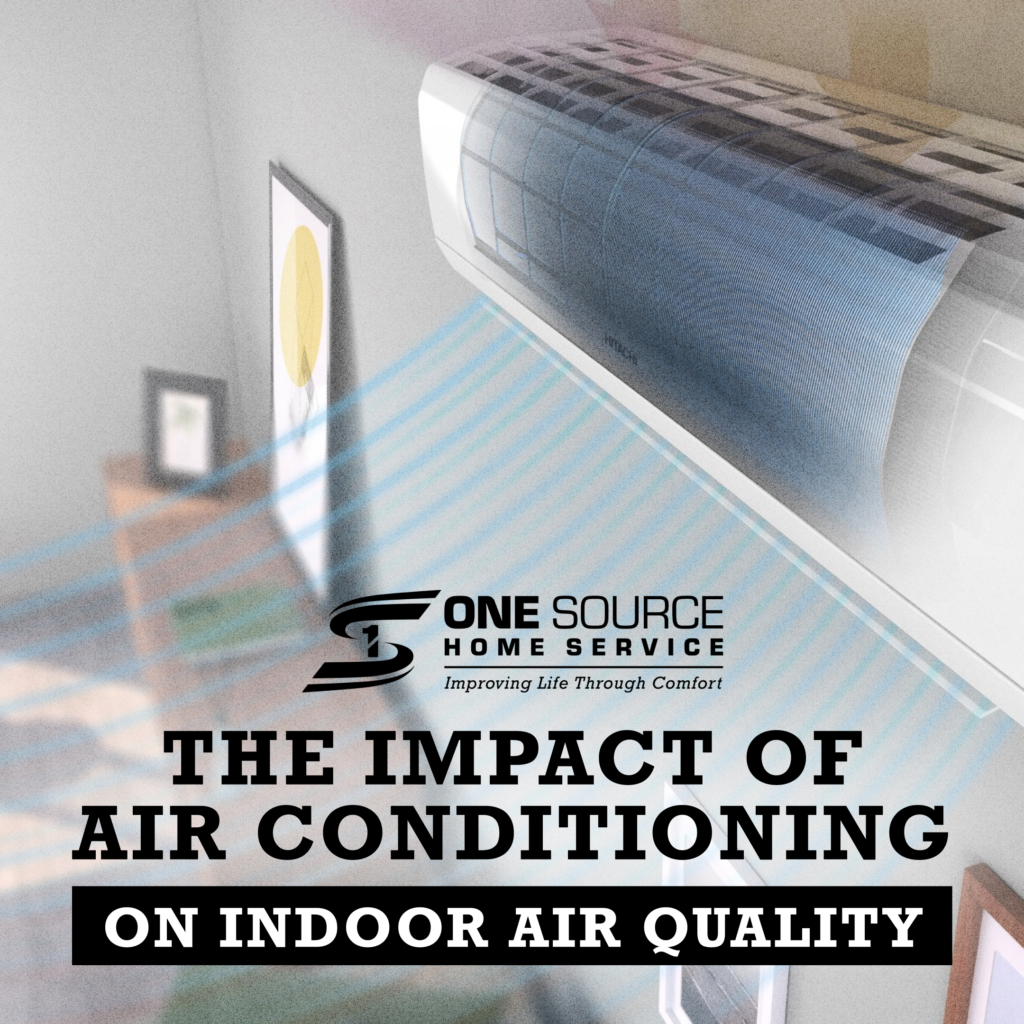Common air conditioner problems and how to fix them: A Comprehensive Guide
Exploring the realm of common air conditioner problems and their solutions opens up a world of troubleshooting and maintenance. From issues like lack of cooling to strange noises and water leaks, we delve into the intricacies of keeping your cooling system running smoothly.
As we uncover the root causes of these problems and provide practical solutions, you'll gain valuable insights into maintaining the optimal performance of your air conditioner.
Common Air Conditioner Problems
Air conditioners can experience a range of issues that affect their performance and efficiency. Identifying these common problems is crucial for maintaining a comfortable indoor environment.
Lack of Cooling
One of the most frequent problems with air conditioners is a lack of cooling. This can be caused by a variety of issues, such as a dirty air filter, refrigerant leaks, or a malfunctioning compressor. When the air conditioner is not cooling properly, it can result in discomfort and higher energy bills as the unit works harder to reach the desired temperature.
Strange Noises
Another common issue that air conditioners face is strange noises during operation. These noises can range from rattling and buzzing to squealing and grinding sounds. They may be indicative of loose components, worn-out parts, or debris stuck in the unit.
Ignoring these noises can lead to further damage and reduce the lifespan of the air conditioner.
Water Leaks
Water leaks from an air conditioner are a common problem that can occur due to clogged drain lines, a dirty evaporator coil, or improper installation. These leaks not only indicate a malfunction in the unit but can also lead to water damage and mold growth if left unaddressed.
It is essential to address water leaks promptly to prevent further issues.
Refrigerant leaks
Refrigerant leaks in an air conditioner can lead to decreased cooling efficiency and potential damage to the system. It is important to detect and address these leaks promptly to ensure optimal performance.
Detecting Refrigerant Leaks
One common way to detect refrigerant leaks is to look for oil stains or wet spots around the refrigerant lines or connections. Another method is to use a leak detection kit that involves spraying a solution on the components and observing for bubbles, indicating a leak.
Potential Causes of Refrigerant Leaks
- Corrosion or damage to the refrigerant lines
- Loose connections or fittings
- Manufacturing defects in the system
- Normal wear and tear over time
Implications of Low Refrigerant Levels
Low refrigerant levels can result in reduced cooling efficiency as the system struggles to maintain the set temperature. This can lead to longer running times, increased energy consumption, and potential damage to the compressor due to overheating. It is crucial to address low refrigerant levels promptly to prevent further issues.
Frozen evaporator coils
When an air conditioner's evaporator coils freeze up, it can lead to reduced cooling efficiency and potentially damage the system if not addressed promptly. Understanding the signs, troubleshooting steps, and importance of regular maintenance can help prevent this issue from occurring.
Signs of frozen evaporator coils
- Reduced airflow from the vents
- Ice buildup on the evaporator coils
- Warmer than usual air coming from the vents
Troubleshooting and fixing frozen evaporator coils
To troubleshoot and fix frozen evaporator coils, follow these steps:
- Turn off the air conditioner to allow the coils to defrost.
- Check and clean the air filter to ensure proper airflow.
- Inspect the evaporator coils for any blockages or dirt accumulation.
- Verify that the refrigerant levels are adequate.
- If the issue persists, contact a professional HVAC technician for further diagnosis and repair.
Importance of regular maintenance
Regular maintenance of your air conditioning system is crucial in preventing frozen evaporator coils. By scheduling routine inspections and cleaning of the coils, filters, and other components, you can ensure proper airflow and efficient operation. Additionally, regular maintenance can help identify potential issues early on, preventing costly repairs in the future.
Faulty thermostat
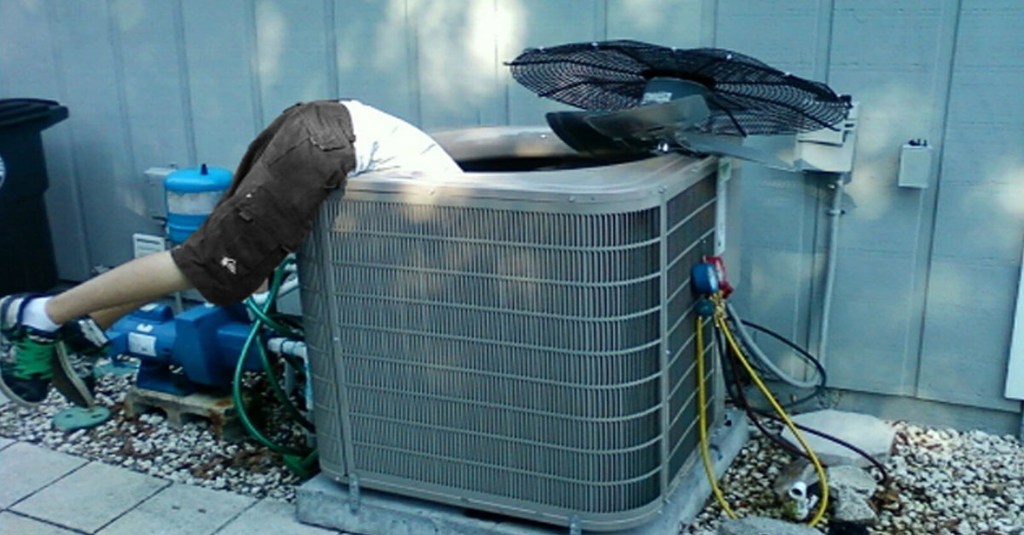
A faulty thermostat can greatly impact the functioning of an air conditioner
Testing and Calibrating a Thermostat
Testing and calibrating a thermostat is essential to ensure it is functioning correctly. Here are the steps to test and calibrate a thermostat:
- Use a separate thermometer to compare the temperature readings with the thermostat.
- If there is a significant difference, you may need to recalibrate the thermostat.
- Consult the manufacturer's manual for instructions on how to calibrate the thermostat.
- Adjust the calibration settings as needed to ensure accurate temperature readings.
Significance of Accurate Temperature Control
Accurate temperature control is crucial for energy efficiency in an air conditioner. When the thermostat is not functioning correctly, it can lead to the air conditioner running longer than necessary, consuming more energy. By calibrating the thermostat and ensuring accurate temperature control, you can optimize the performance of your air conditioner and reduce energy consumption.
Clogged air filters
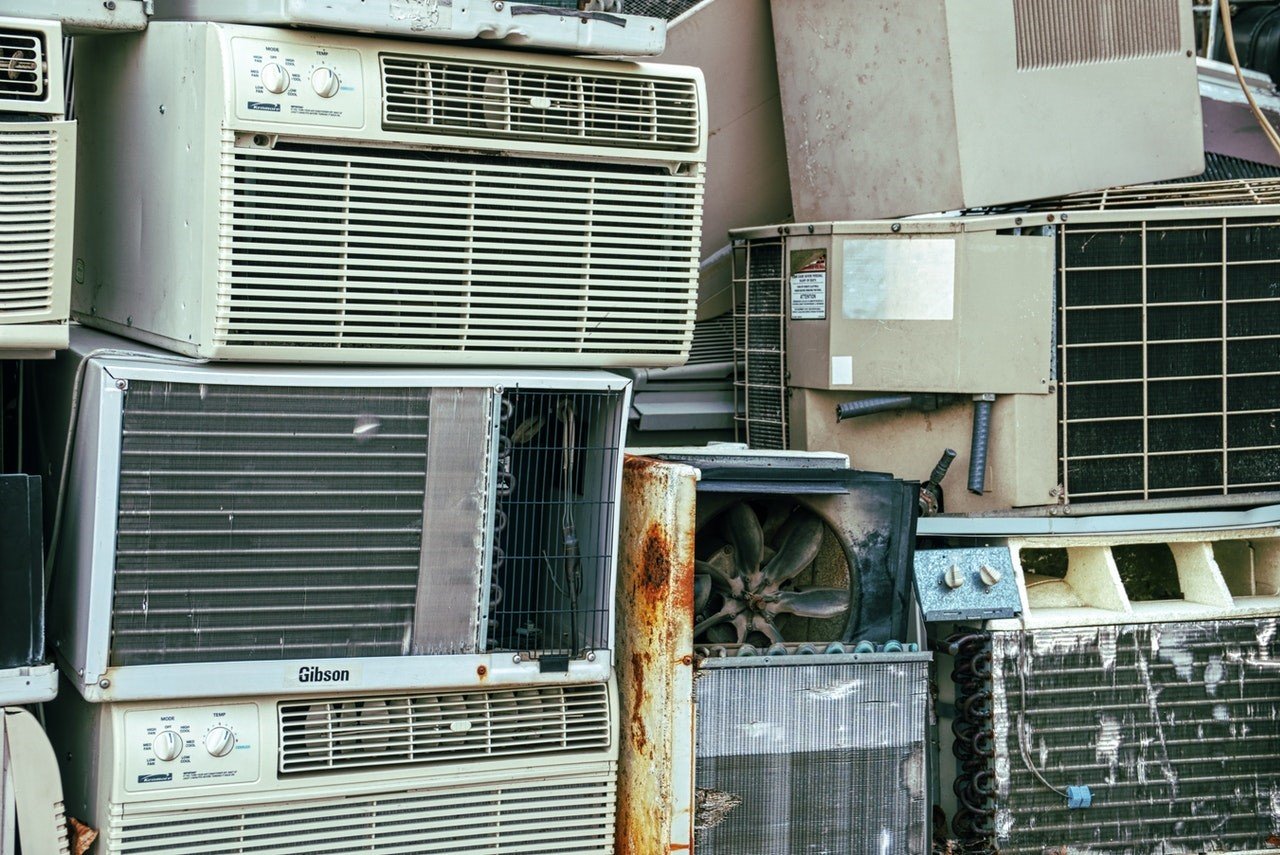
When air filters in your air conditioner become clogged, it can significantly impact the performance of the unit. Clogged air filters restrict airflow, resulting in reduced cooling efficiency and increased energy consumption. This can lead to higher electricity bills and potential strain on the system.
How to clean or replace air filters
- Turn off the air conditioner before attempting to clean or replace the air filters to prevent damage to the system.
- Locate the air filters, which are typically found behind the front grille or in the air handler unit.
- If the filters are reusable, clean them by vacuuming or washing with mild soap and water. Allow them to dry completely before reinstalling.
- If the filters are disposable, replace them with new ones of the same size and type recommended by the manufacturer.
- Regularly inspect and clean or replace air filters every 1-3 months, depending on usage and environmental factors.
Recommended frequency for air filter maintenance
It is recommended to clean or replace air filters every 1-3 months to ensure optimal performance and energy efficiency of your air conditioner. However, if you have pets, smoke indoors, or live in a dusty environment, more frequent maintenance may be necessary.
Regular air filter maintenance not only improves indoor air quality but also extends the lifespan of your air conditioning system.
Final Conclusion
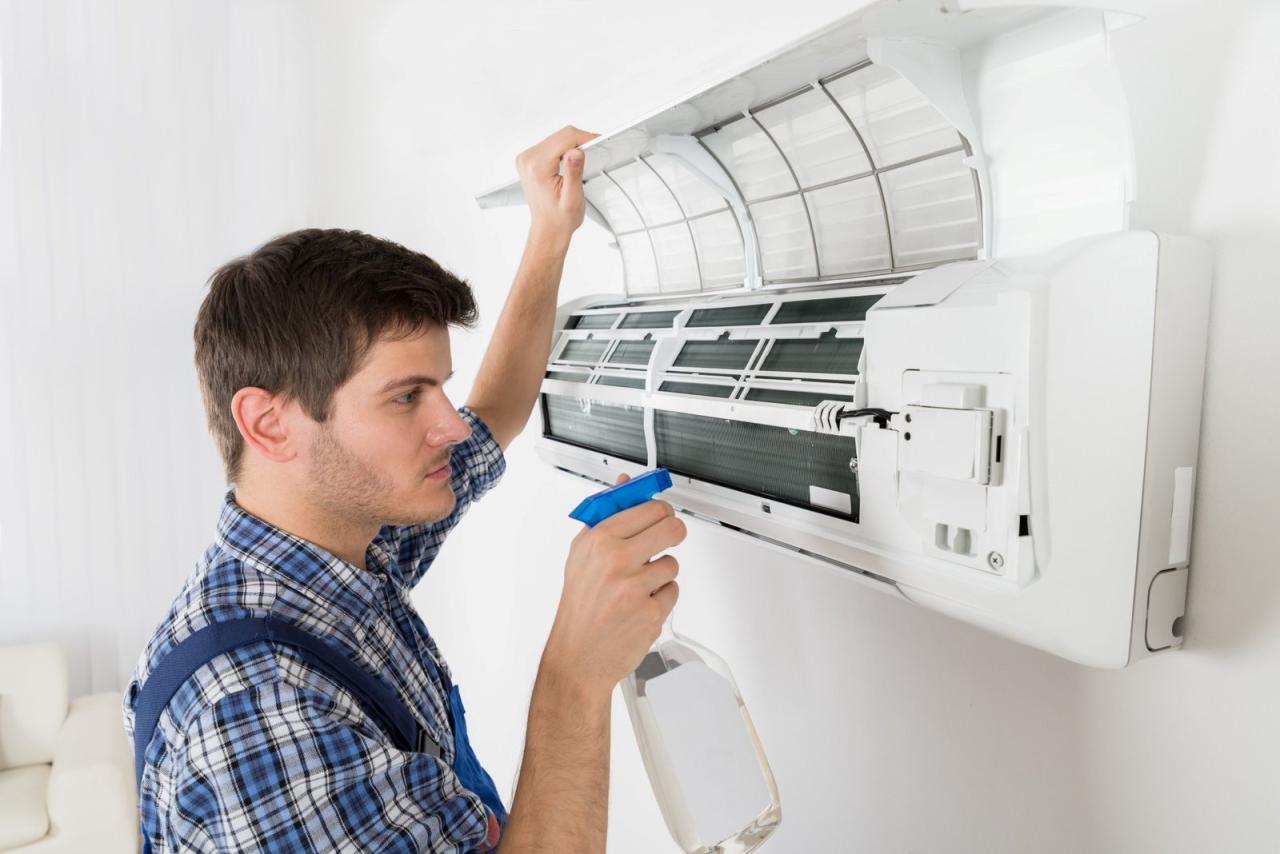
In conclusion, understanding and addressing common air conditioner problems is crucial for ensuring the longevity and efficiency of your cooling unit. By staying proactive and vigilant in your maintenance efforts, you can enjoy a consistently comfortable indoor environment.
Essential Questionnaire
How can I detect a refrigerant leak in my air conditioner?
Refrigerant leaks can be identified by a noticeable decrease in cooling efficiency and ice buildup on the refrigerant line. If you suspect a leak, it's best to consult a professional HVAC technician for proper detection and repair.
What are the signs of frozen evaporator coils and how can I fix them?
Signs of frozen evaporator coils include reduced airflow and warm air blowing from the vents. To troubleshoot, turn off the AC to let the coils thaw, then check for any obstructions in the airflow. Regular maintenance and cleaning can prevent this issue.
How does a faulty thermostat impact air conditioner performance?
A faulty thermostat can lead to inaccurate temperature readings and inconsistent cooling. Testing and calibrating the thermostat can help restore proper functionality. Maintaining a properly functioning thermostat is essential for energy efficiency.
What is the recommended frequency for cleaning or replacing air filters in an air conditioner?
Air filters should ideally be cleaned or replaced every 1-3 months, depending on usage and environmental factors. Clogged filters restrict airflow and strain the system, leading to decreased efficiency. Regular filter maintenance is key to optimal performance.
